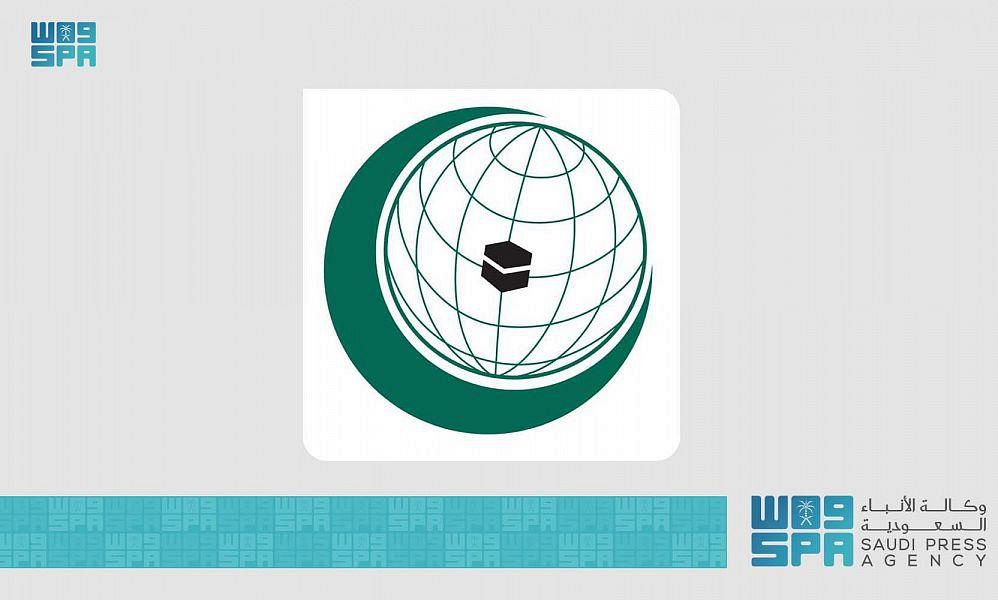
JEDDAH: Secretary-General of the Organization of Islamic Cooperation (OIC) Yousef Al-Othaimeen says that the general secretariat in cooperation with its partners has focused on capacity-building for manufacturers and national regulatory authorities, harmonization of standards, research collaboration and joint development among OIC members states.
He expressed appreciation to the National Agency of Drug and Food Control of Indonesia for hosting the first-ever meeting of heads of medicine regulatory authorities of OIC member states in Jakarta in 2018, encouraging members to support regulation for medicine and vaccine pricing, and combat substandard and falsified medicines.
Addressing the opening session of the seventh Islamic conference of health ministers in Abu Dhabi on Dec. 16, Al-Othaimeen said that the OIC had developed a comprehensive health improvement plan, calling on member states to provide the resources to implement the OIC Strategic Health Program of Action.
He reviewed the progress made since the conference’s previous session in Riyadh in 2017, especially on non-communicable diseases such as cancer and communicable diseases such as polio.
Al-Othaimeen commended the OIC institutions concerned for their efforts in implementing the OIC health program. He also thanked international partners such as WHO, the Global Fund to Fight AIDS, Tuberculosis and Malaria, and the Bill & Melinda Gates Foundation, which have cooperated with the OIC in furthering its health agenda.
The OIC secretary-general briefed member states’ health ministers on the polio-eradication work of the Islamic Advisory Group for Polio Eradication, stressing the need to enlarge the scope of its activity.
Keynote speakers during the opening session were the Saudi Health Minister Tawfiq Al-Rabiah, chair of the previous session; UAE Health Minister Abdul Rahman Al-Owais, chair of the current session; Emirati Minister of State for Happiness and Wellbeing Ohood bint Khalfan Al-Roumi; and WHO Director-General Tedros Adhanom Ghebreyesus.









